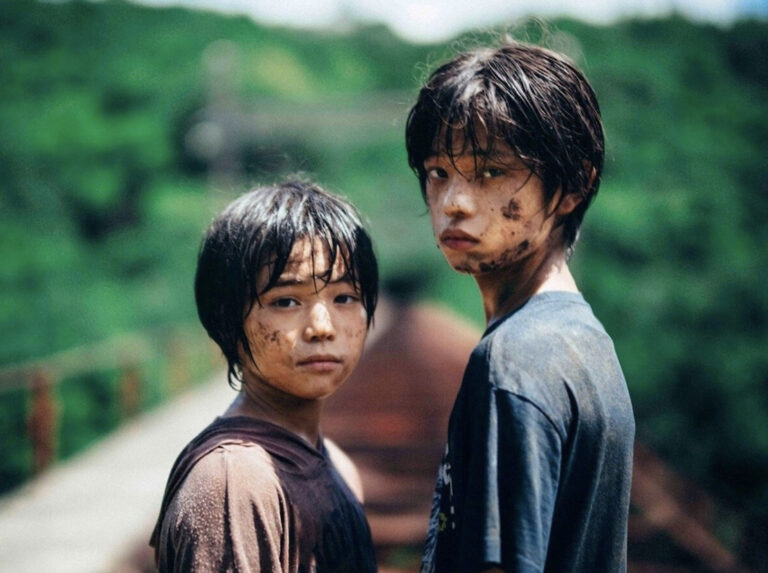
Synopsis : When her young son Minato starts to behave strangely, his mother feels that there is something wrong. Discovering that a teacher is responsible, she storms into the school demanding to know what’s going on. But as the story unfolds through the eyes of mother, teacher and child, the truth gradually emerges.
Rating: PG-13 (Brief Suggestive Material|Thematic Material)
Genre: Drama, Mystery & thriller
Original Language: Japanese
Director: Hirokazu Koreeda
Producer: Genki Kawamura, Kenji Yamada
Writer: Yuji Sakamoto
Runtime:
Production Co: Toho Company
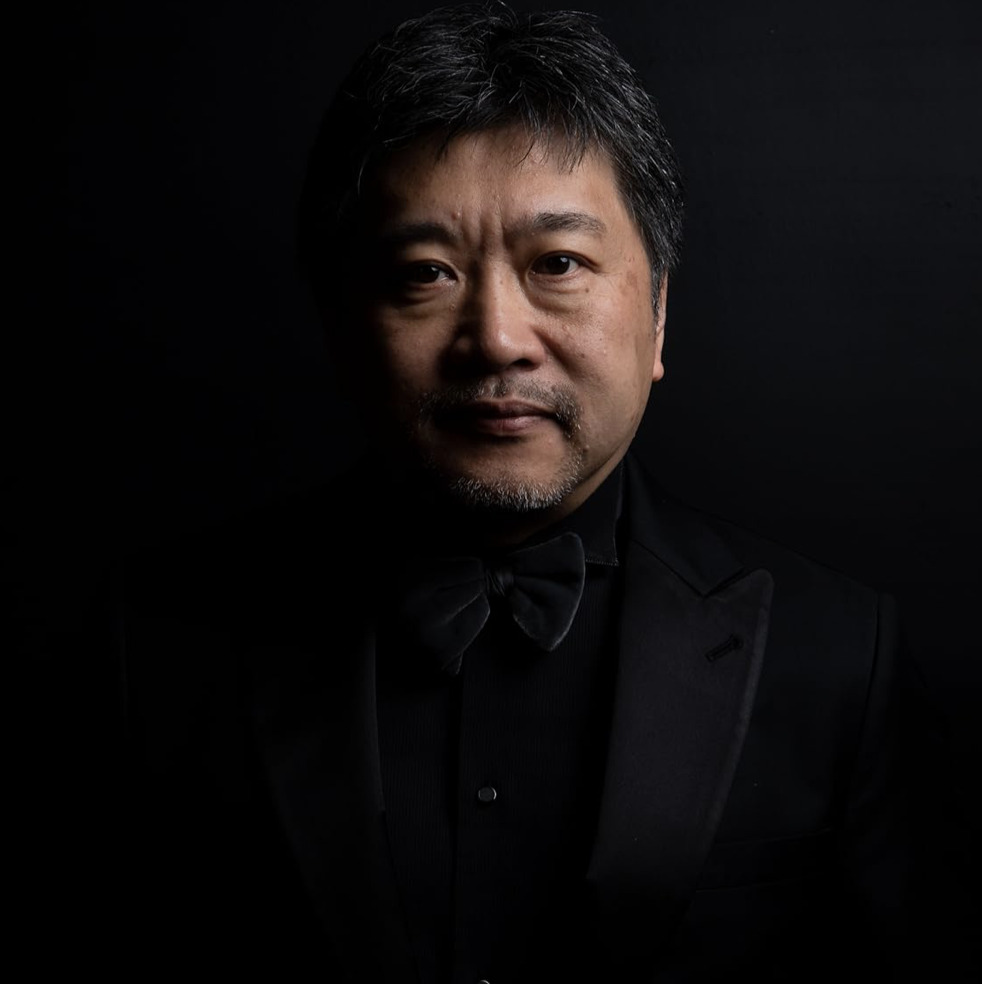
Exclusive interview with Hirokazu Koreeda
Q: Screenwriter Yuji Sakamoto wrote the script for this film based on his childhood memories. In recent years, you also worked on a documentary about an elementary school in Nagano Prefecture that you had been following closely with a home video camera in hand. Did you add anything to the screenplay based on your experience with that film?
Hirokazu Kore-eda: Though I was not given a completed script, I was asked to direct from it. I entered the project at the plot stage, and we worked together on the script for about three and a half years — with COVID in between — so I don’t feel that I added much to the finished script.
Q: In films that you’ve worked on in the past, child actors were directed based on their personalities through your interaction with them. Since you used a script by Yuji Sakamoto that had been written in advance this time, did you make any specific changes in your way of directing the child actors?
Hirokazu Kore-eda: I gave them the script, but decided that the conflicts the two boys were going through were not something that I could handle by giving them lines or explaining their feelings on set. I explained the roles to them beforehand and asked them to join the people who were taking care of the LGBTQ children. We had a lot of study sessions and talked about creating the characters Minato [Souya Kurokawa] and Yori ([Yota Hiiragi], respectively, outside of themselves.
Q: Before this film, there was talk of you teaming up with [composer] Ryuichi Sakamoto, but that didn’t work out at the time and it fell through — then he passed away. At the time, Mr. Sakamoto was suffering from cancer. What did you two discuss about him providing two songs for the film?
Hirokazu Kore-eda: In my mind, if I couldn’t get Mr. Sakamoto to do it, I would have gone without using music this time. I inserted my own selections of Sakamoto’s songs into the edited version of my film, and made him an offer (for music) by writing a letter to him with the DVD attached. I received an immediate response, saying that “Although it would probably be physically impossible for me to compose music for the entire film, I had an image that came to me after seeing the film. I would try to give it a shape for now.” The number of songs was not decided at first, but Sakamoto-san just said that he would try to score what he had in mind. After several exchanges, he composed two songs for me.
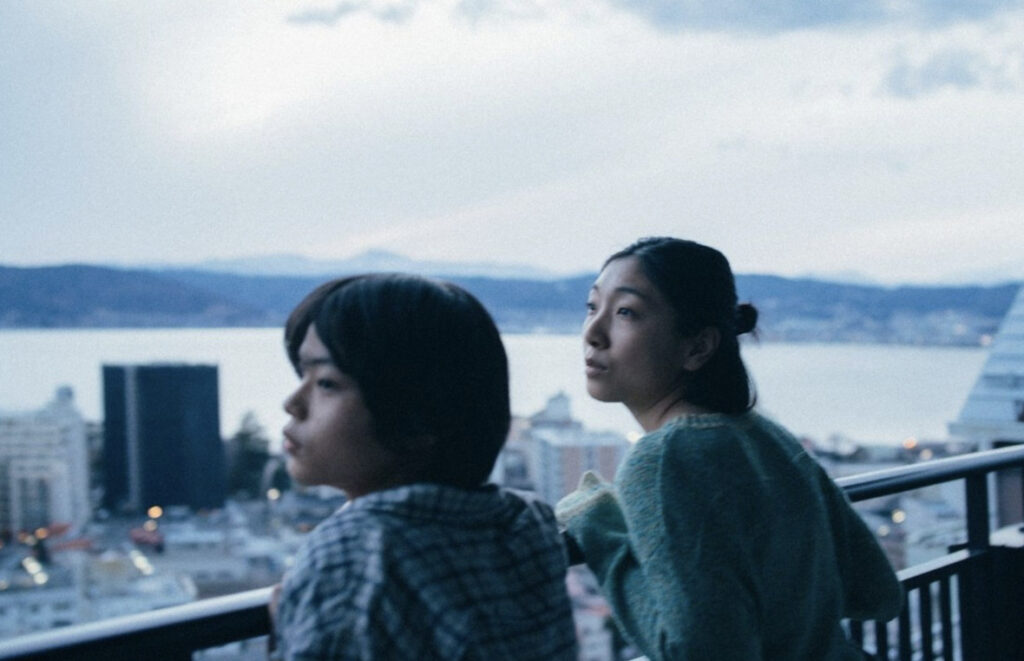
Q: By watching this film, it made me realize how often people including myself, cut out a part of information and judge things based on preconceived notions. Naturally, you read this script from the same point of view as we did, so what did you pay attention to in terms of preconceptions when you were directing this film?
Hirokazu Kore-eda: From the very beginning, when I first read the script, it was still in the pre-script plot stage, and the three-part structure was its current three-part structure. When I got to the third part, I experienced my preconceived notion that I was the monster who had read chapter one, chapter two, being overturned the feeling of those three chapters, and I thought this was an interesting book. It was like what I felt at the first reading came back to me. To put it simply, I felt that the monster-like nature of the people who were watching the film came back to life in the third chapter, and I decided to welcome that structure.
Q: The title of this film, “Monster,” is an attention grabber. There are people who act like monsters in order to protect something, others have become like monsters because of something that happened to them and there are people who lie and have a monstrous personality. Whether having a monstrous mind is originally what makes us human in the first place, the word “monster” is a very important one. What are your feelings about the word “monster?”
Hirokazu Kore-eda: I thought it was a very good title because it can be interpreted in many different ways. It’s something that happens when you see and hear many different emotions. And, it’s something that’s born and disappears between people, so I thought it was a very good title in that it’s multi-faceted. It was interesting that schools [can be] monstrous and the feelings of mothers [can be] negative — but they’re born out of a strong love for their sons and not necessarily out of evil.
Q: Please talk about the casting process of Soya Kurokawa, who plays Minato Mugino, and Yota Hiiragi, who plays Yori Hoshikawa. Both are important casting choices for this film.
Hirokazu Kore-eda: We decided on them after meeting both at an audition. We tried various combinations of boys, but the combination of those two was outstanding. The producer, who was at the audition, and Yuji Sakamoto who was also present; both had no objection to those two.
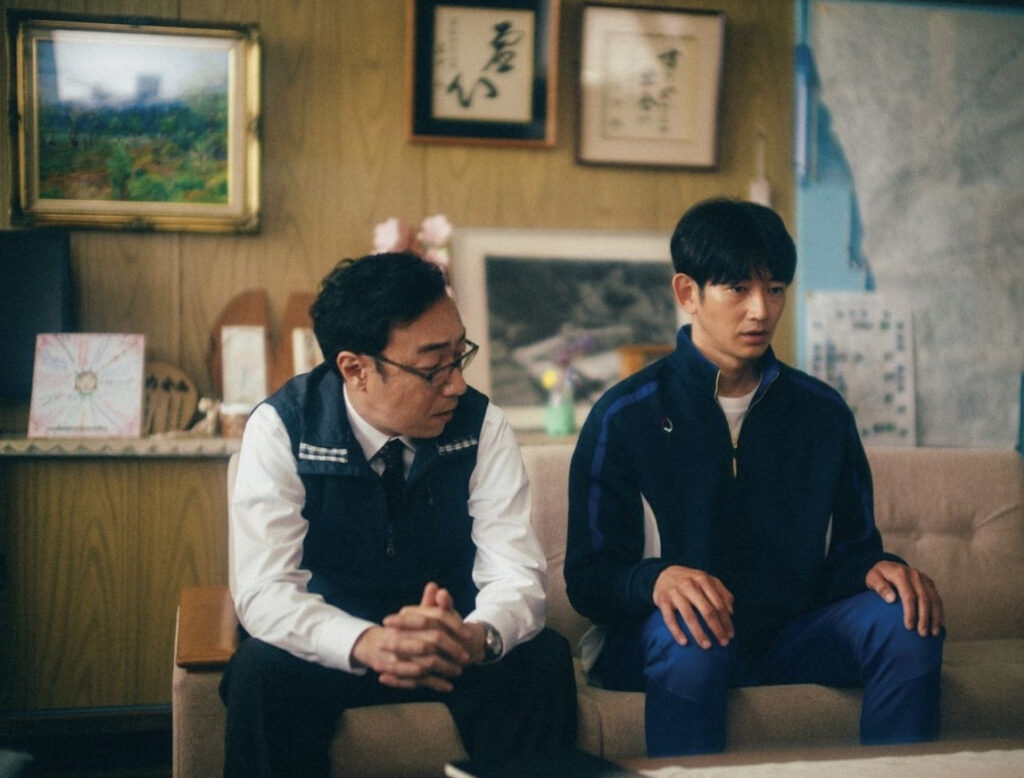
Q: In this film, when there’s a fight between students, it’s normal to first talk to the student who got into the fight, then to the students around them, and then to the teacher in charge of the student. But in this story, the school apologizes immediately for fear of monster parents [parents who make demands on schools and other institutions that are considered self-centered and unreasonable]. It’s just like a recent incident with the Japanese agency, Johnny’s — there’s a bad habit in Japan of “If you can’t beat them, join them.” What do you think about such bad habits in the field of education?
Hirokazu Kore-eda: This is not only in Japan, but I interviewed several school officials for this film, and while this is certainly an extreme example, there were many who said it is possible. When a school prioritizes organizational defense, the question of what really happened comes second. In terms of protecting the organization first, I don’t think schools are the only ones where apologizing immediately is the first option. Japanese organizations tend to do that, don’t they? The priority is how to keep the organization alive, rather than [be concerned for] the dignity of the individual human being or what the truth is. This is really the same action that Johnny’s has been taking now, but I think it’s happening all over the place.
Q: The abandoned train at the secret base was set up as an open set in Fujimi-cho, Suwa-gun, Nagano Prefecture. Can you talk about the design process — how was it done?
Hirokazu Kore-eda: Rather than it being me, the very talented production department found that location for us. There was an overpass that had been closed off, and the production department found a place where they thought it would be good to place the abandoned train.
Q: In the music room scene, there’s a moment where the principal [Yuko Tanaka] and Minato Mugino [Soya Kurokawa] are playing instruments. You hear a very discordant sound at the beginning, though it’s revealed that the audience can see the two of them playing later. What did you pay attention to in terms of such dissonance and sound effects?
Hirokazu Kore-eda: That was the sound of them actually playing. What sounded like noise must have sounded like something else to [the] teacher. When it became clear at the end that the two had done something they couldn’t put into words into the sound, the audience heard the sound as something different from what they had heard in the first and second chapters of the piece. In other words, depending on location of the viewer, some people may find the sound very unpleasant, while others may find it emotional. I was going to shoot the film towards that scene, so I thought that was very important.
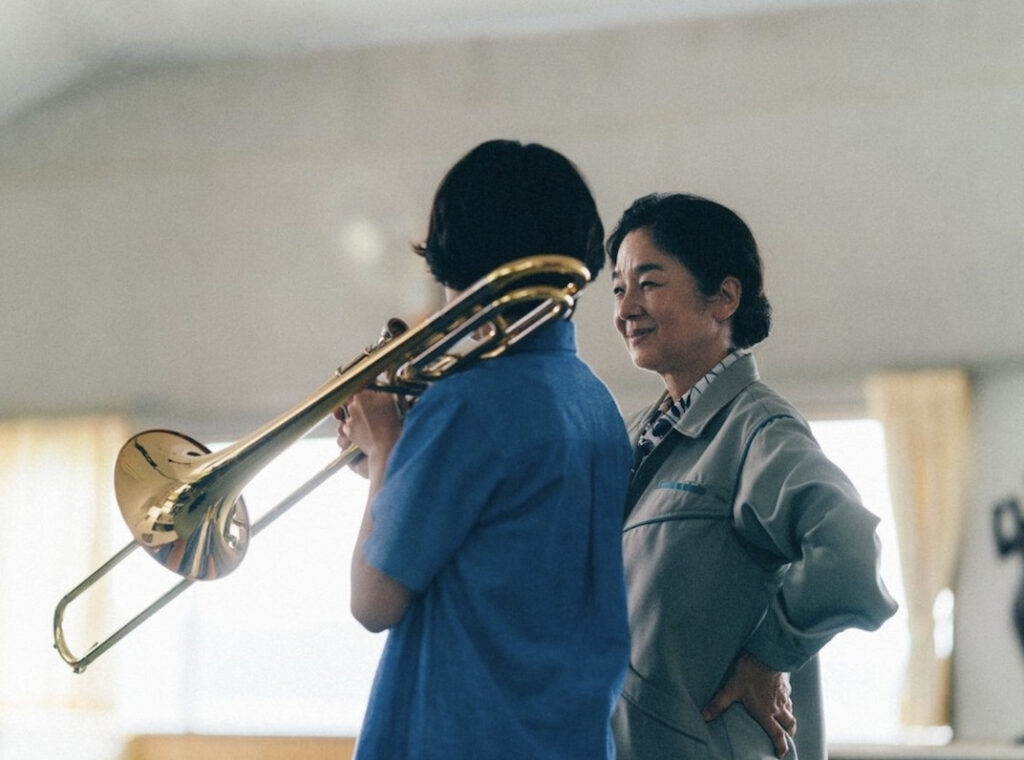
Q: This may be a coincidence, but your features “Shoplifters,” “Broker” and this film all take place in a dry cleaner’s. Is that a coincidence, or is there some kind of message in doing that?
Hirokazu Kore-eda: It’s a coincidence. This time, when I received the script, it was already a dry-cleaning business but I also like dry-cleaning as a profession. Yuji Sakamoto also likes dry cleaning very much. He said he likes that kind of occupation where people interact with each other across the counter. It is a common occupation in Japanese TV dramas, and it is used quite often in many ways.
Q : What do you want the audience to take away from this film?
Hirokazu Kore-eda: I don’t really think about that.
Q: I know you usually allow the audience to think what they think…
Hirokazu Kore-eda: I wish I could congratulate those two [kids] when the film reached its end.
Check out more of Nobuhiro’s articles.
Here’s the trailer of the film.

